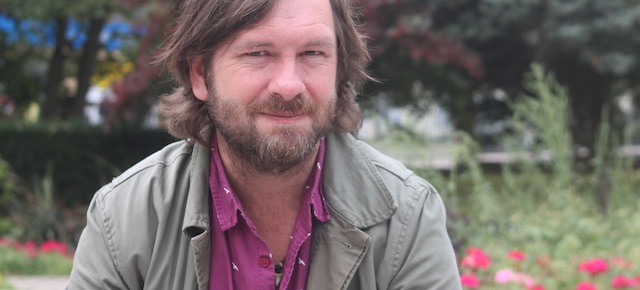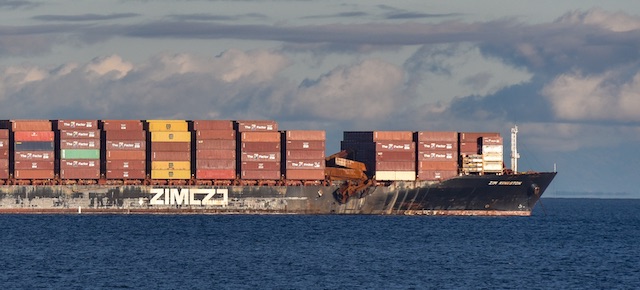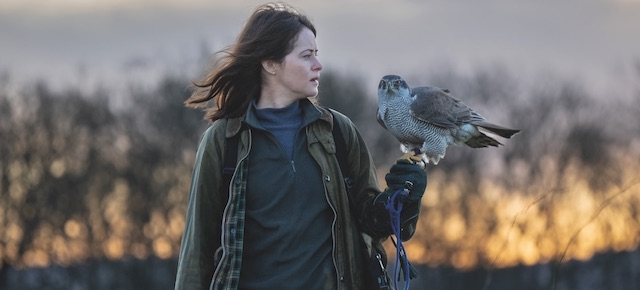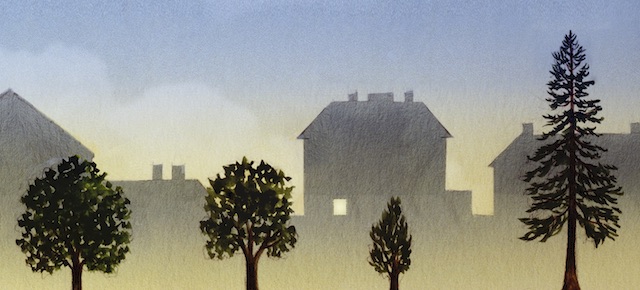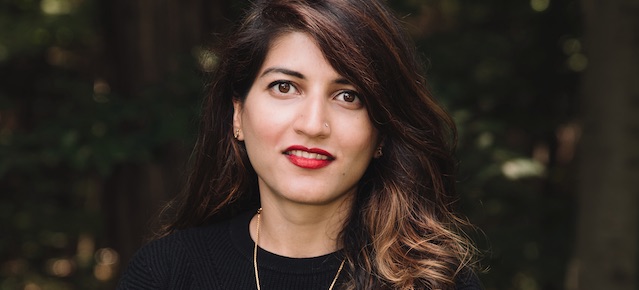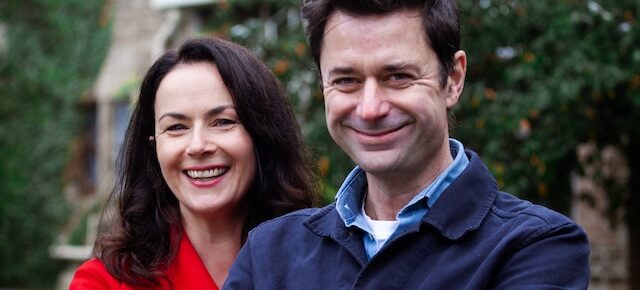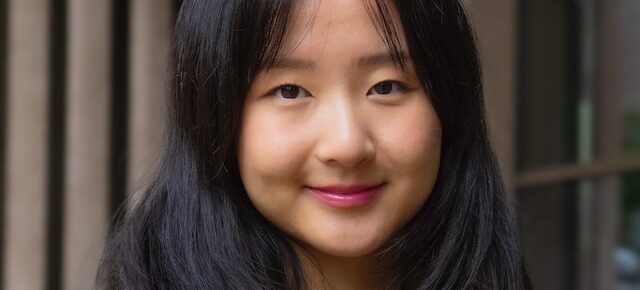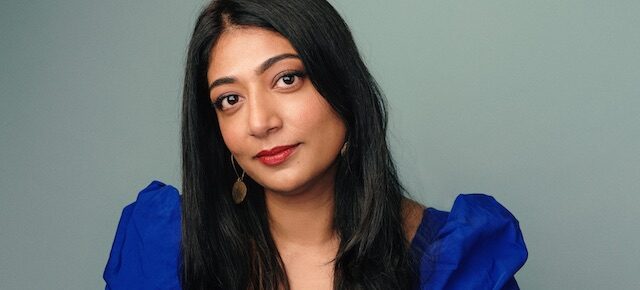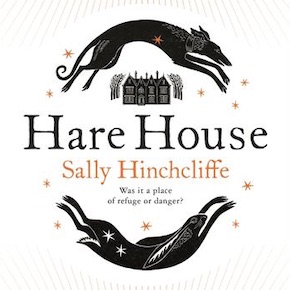
In Sally Hinchcliffe’s bewitching new novel Hare House, a woman decides to leave London when she loses her teaching job, and moves to a remote part of southwest Scotland. Renting a cottage on a scattered estate, she strikes up a friendship with her landlord Grant and his beguiling sister Cassandra. Soon she begins to realise...
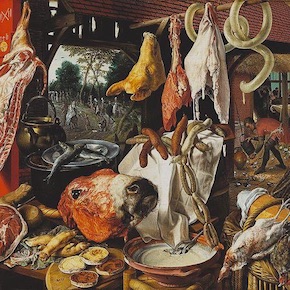
“As for you, the vultures will feast on you!” With these words of visceral triumph (quite literally, since he has just thrust his spear into his fallen opponent’s underbelly), Hector, “preeminent among the war-loving Trojans”, finishes off Patroclus in Book XVI of Homer’s Iliad, but only after the latter had been struck down twice already,...
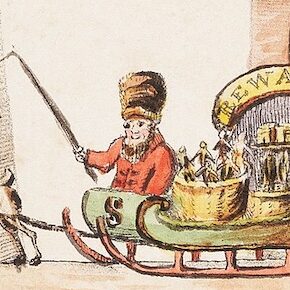
IT SEEMS THAT PEOPLE WHO SHOULD be experts on the subject of reading and of writing, perhaps also on the subject of children and the books that could open their minds, fashion their lives, vitally define their future, are of many minds as regards that very special unicorn of a genre, children’s books: For C.S....

The smell hits me as Gary closes the door behind me. Some Scratch ’n’ Sniff abomination – I’d call it ‘December 1983’, but I’m damned if I know what it actually is. “It’s frankincense,” Gary says. “Off a display at Bed Bath & Beyond. Little spray bottle. Heh.” He shrugs. “Guess I got trigger-happy.” “Apparently,” I...
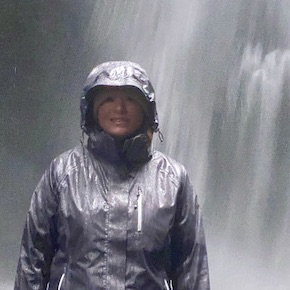
I’ve been fascinated with Iceland my entire life. As a young American airman, my father was posted at a remote radar station on the Langanes Peninsula at the height of the Cold War. H2, as it was designated by the military, wasn’t the type of place you could bring your pregnant wife and two-year-old son,...
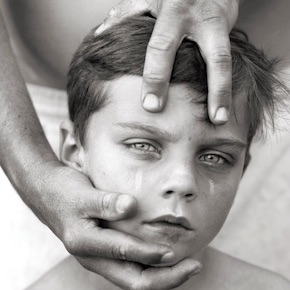
She wakes up. Where is she? The sheets feel damp. Wallpaper. Probably a bedroom. Her feet feel hot. Slippers on. She pushes them off. Carpet. Ugly, ugly carpet, she has the same one at home but it’s much nicer. Bookshelf. Brown and white, gilded spines. Books. Tito’s biography. Then Meša Selimović, Abdulah Sidran, Saša Stanišić,...
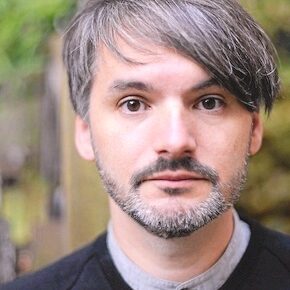
Saša Stanišić was born in former Yugoslavia in 1978 to a Bosnian Muslim mother and Serbian Orthodox father. Their flight into Germany at the outbreak of the Bosnian War in 1992 was fictionalised in his debut novel How the Soldier Repairs the Gramophone (Luchterhand Literaturverlag, 2006; Grove Atlantic/Weidenfeld & Nicolson, 2008; Pushkin Press, 2015, translated...
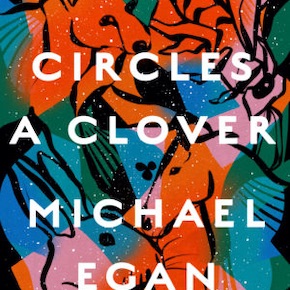
Even though the majority of Circles a Clover is set on an island that doesn’t really exist called Selny, part of it is set in Liverpool. I grew up in Liverpool and the city has always been something that pulled on me, told me to make it a character in my writing. To be honest,...
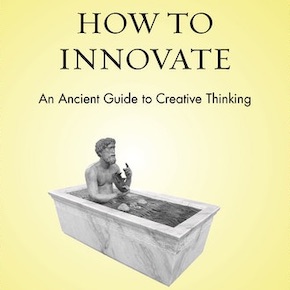
The ancient Greeks are old news to us, or so we appear to be claiming. For some, at this very specific moment in time, they are not just antiquated, or relegated to the shades of oblivion, they are practically obsolescent, an existential black hole, even a socio-political and ethical-historical anathema. The question of the Greeks...
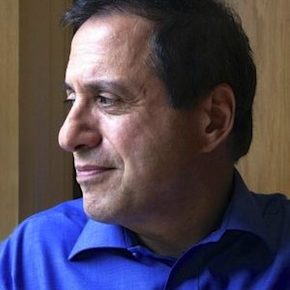
There are books that leave you silent – with awe, or shock, or both. And then there are some others that make you yearn for the space in between silence and voice: for a space for more of the author’s thoughts, a space for questions, for engaged and engaging exchanges. Armand d’Angour’s books belong to...
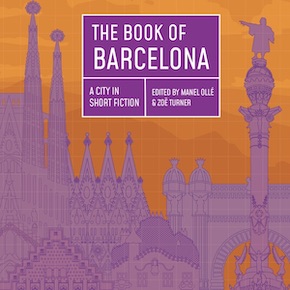
We are in a city where all the streets go up and down, urbanism on an inclined plane, the goddamned omnipresent sea or mountains, sea to the south, mountains to the north, and a scar in the form of an avenue that bisects the city on the diagonal – skewed along a physical, moral, class...
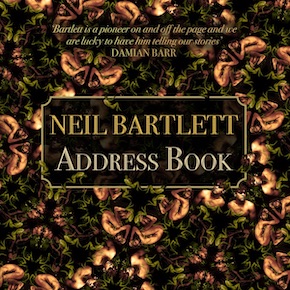
My fiction comes from voices; voices that I hear, and then do my best to transcribe. The voice that follows, which comes from the second story in Address Book, turned out to be a really tricky one to get down. Basically, that’s because going back to the 1980s is still very hard for me. There...
